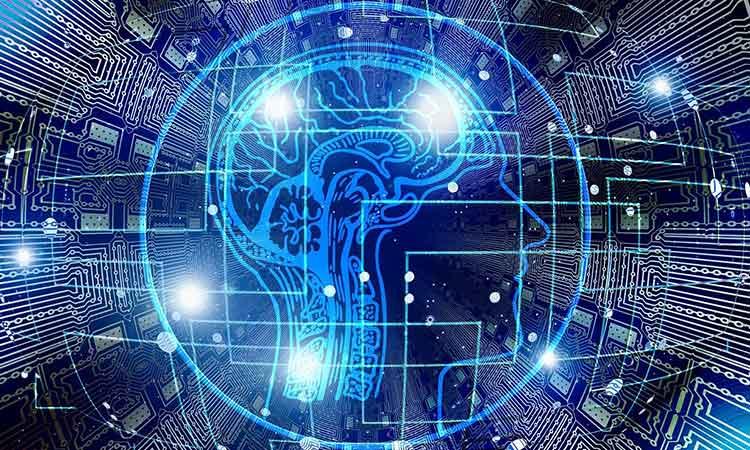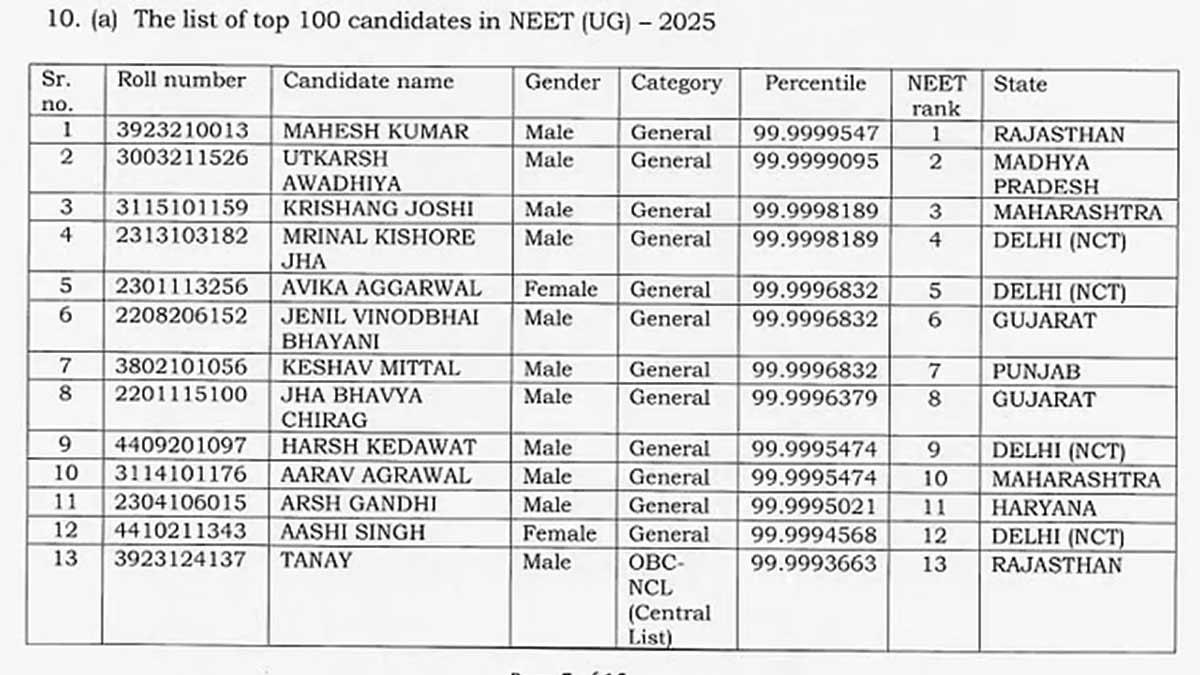The rise of Artificial Intelligence (AI) looms as a game-changer in the dynamic field of data science. Data scientists will use AI as their go-to tool, altering industries. Businesses already use AI to improve operations and strategic choice-making. AI will soon change everyday applications by automating the analysis of enormous information to find patterns that enable wise decision-making. The growing demand for data science across industries emphasizes the significance of earning a degree in data science, providing students with a passport to traverse the data-driven era successfully.
Artificial intelligence (AI) is anticipated to have a significant impact on data science in the future. AI is expected to be the most significant tool for data scientists. Businesses are already using AI to improve operations and reach key decisions. In the future, AI will be used in practical settings, utilizing automated technologies to sift through enormous datasets and uncover patterns that allow businesses to make more informed decisions.
The rising demand for data science across many industries further emphasizes the value of earning data science courses in the modern world. These courses equip students with the knowledge and skills to navigate the data-driven future.
What is Data Science?
Data science is the blending of mathematics, business savvy, specialized tools, algorithms, and machine learning approaches. Its goal is to uncover hidden insights in raw data and use them to inform important business choices. Data science is based on statistics, data expertise, and domain knowledge. Data scientists' tasks and job descriptions frequently spark interest.
Data science, AI, and machine learning have become of utmost importance to organizations in the current environment. Enterprises of all sizes and sectors must quickly develop and deploy data science skills to be competitive in the era of massive amounts of data. Otherwise, they risk falling behind their competitors.
The big picture is prioritized in the enormous datasets seen in data science. It helps organizations create plans for audience engagement and product sales in the business world by providing consumer and campaign analytics. Data scientists develop new solutions while working with massive amounts of data gathered using techniques like data mining. To examine large quantitative and qualitative datasets, they use forecasting models. They also design statistical learning models and use statistical tools to create complex predictive models.
What are the core concepts of Data Science?
Data Gathering and Preparation: Gathering and storing huge amounts of data in warehouses is the first step in data science. To extract pertinent information, raw data must be cleaned or otherwise manipulated. Techniques for sorting data prepare the cleansed data for analysis.
Data Exploration and Visualization: To find patterns and trends in huge data and to enable data-driven decisions, data scientists utilize exploratory data analysis (EDA). Charts and graphs are a compliment to EDA.
Deep learning and machine learning: Deep learning builds prediction models using current datasets, while machine learning makes predictions using past data. Deep learning investigates multi-layered neural networks that mimic the human brain. These algorithms can be learned through a Data Science course.
Supervised Learning: Through supervised learning, models are trained to predict new data points using input and output data. Regression and classification are two examples of supervised learning methods.
Unsupervised Learning: To find underlying structures, group related data, and compress it, models are trained on unlabeled data. Techniques include apriori algorithms, K-means clustering, hierarchical clustering, and neural networks.
Cloud computing and big data: Processing big data, which has characteristics like volume and velocity, calls for sophisticated technologies like machine learning, Spark, and Hadoop. To improve decision-making, data scientists extract insights from complex data. Cloud computing offers scalability and convenient access via web browsers by storing, managing, and accessing data online in a shared environment.
Skills required to become a Data Scientist
The following abilities must be mastered to become a data scientist:
Mathematical Ability: The mathematical underpinnings of data science are multivariable calculus, linear algebra, and optimization methods. Understanding these ideas well is essential for understanding machine learning principles. It's also crucial to have a firm understanding of probability and statistics.
Computer science: Aspiring data scientists must have a thorough understanding of programming languages, data structures, SQL, machine learning, distributed computing, deep learning, Git, Linux, and MongoDB.
Communication Skills: Data scientists must communicate clearly with their team members and superiors to share their ideas and breakthroughs. Additionally, this position requires the ability to articulate data findings accurately.
Data Science tools and technologies
Programming languages: For data analysis and manipulation, data science uses SQL, R, and Python
Data visualization: It's important to visualize data, and programs like Power BI, Tableau, and Matplotlib make this possible
Machine Learning Frameworks: Data scientists use programs like Keras, TensorFlow, and Scikit-learn to build predictive models
Cloud computing platforms: The cloud offers scalable data processing and storage resources through platforms like Azure, Google Cloud, and AWS
Database management systems: For effective data management, data science relies on tools like MongoDB, MySQL, and PostgreSQL
What are the different applications of Data Science across different industries?
Data science has several uses across a variety of industries:
Speech and image recognition: The foundation of image and speech recognition technologies is data science. Data science is used to identify users on social media based on images. Alexa, Siri, OK Google, and Cortana use data-driven speech recognition to respond to voice commands.
Healthcare: Data science is widely employed in the healthcare industry to analyze medical pictures, find cancerous tumors, and create novel medications. The development of virtual healthcare bots that treat patients also uses data science considerably.
Transport: Data science is used in the transportation industry to operate self-driving vehicles. Engineers also use data science to optimize shipping routes dynamically.
Government: Legislative authorities estimate jail rates and stop tax evasion using data science applications.
Gaming: Several gaming businesses, like Sony, EA Sports, and Nintendo, use data science to improve the user experience.
Finance: Data science applications are used by banks and other financial institutions to evaluate risks and liabilities. Dealing with financial fraudulence is aided by data science. Financial firms use data science to build their clients' credit reports and financial profiles.
Pursuing a Data Science course equips individuals with essential programming, statistics, machine learning, and data analysis skills. These courses provide hands-on experience with real-world datasets and exposure to industry-relevant tools and technologies. They also teach data ethics and communication skills.
Moreover, data science courses often include capstone projects or internships, allowing students to apply their knowledge to solve real problems. These experiences enhance their understanding and build a portfolio showcasing their capabilities to potential employers. A Data Science course provides a structured path to becoming a data scientist, imparting the knowledge and practical skills required to excel in this dynamic field.


















